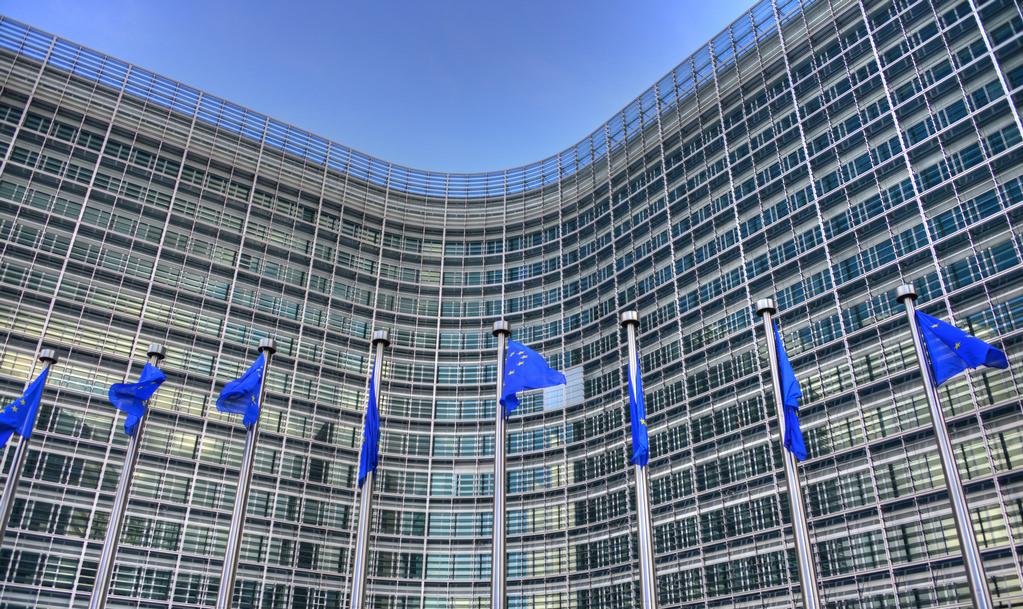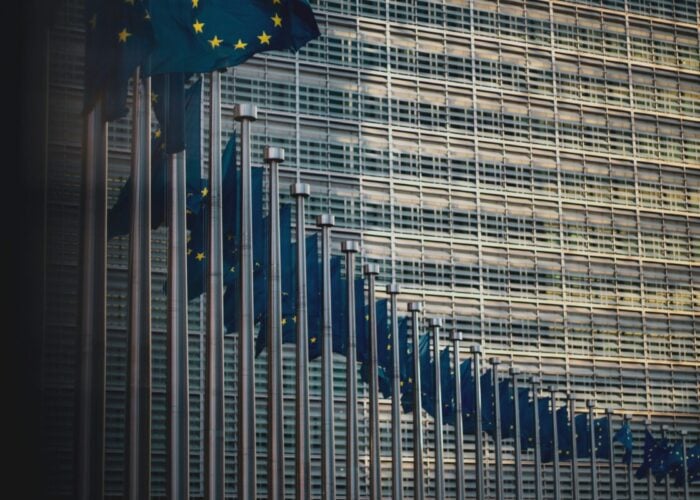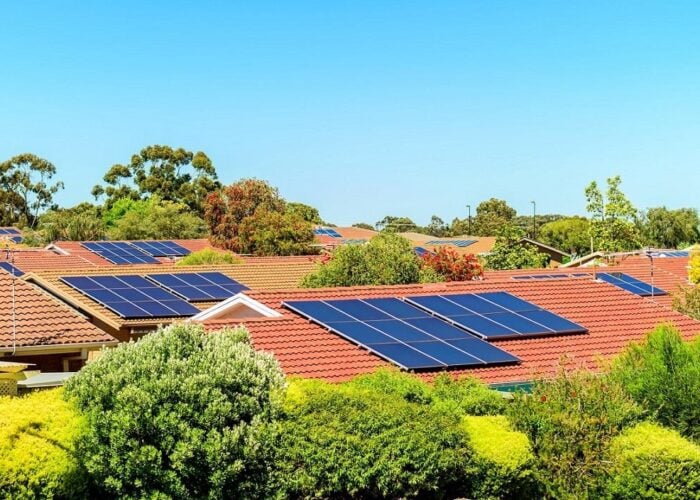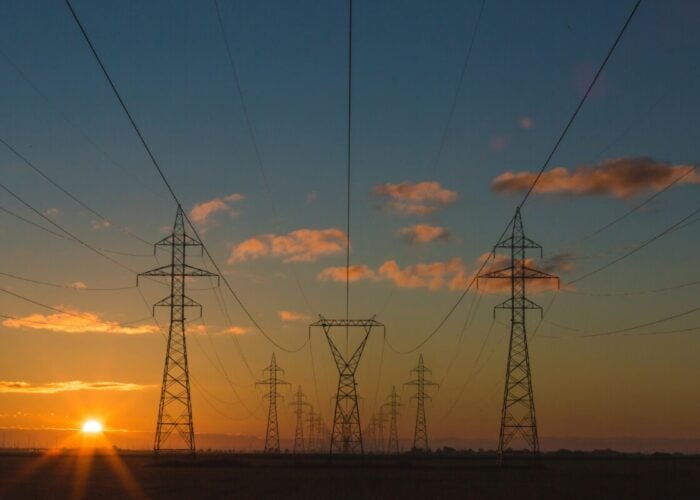
The European Union (EU) has significantly ramped up and brought forward its solar deployment targets as part of its updated REPowerEU strategy, redesigned to combat the bloc’s reliance on fossil fuels, and in particular Russian gas.
The European Commission (EC), which released its EU Solar Energy Strategy alongside the REPowerEU strategy today, is now targeting 320GWac/400GWdc of solar PV by 2025 and almost 600GWac/740GWdc by 2030, although this is still short of what some states and industry organisations have called for.
Try Premium for just $1
- Full premium access for the first month at only $1
- Converts to an annual rate after 30 days unless cancelled
- Cancel anytime during the trial period
Premium Benefits
- Expert industry analysis and interviews
- Digital access to PV Tech Power journal
- Exclusive event discounts
Or get the full Premium subscription right away
Or continue reading this article for free
Previous drafts of the strategy had aimed at around 300GW of solar by 2028 and 500GW by 2030, as reported by PV Tech last week.
Referencing its objective to dispel its dependency on Russian gas, the EC said “solar energy will be the kingpin of this effort” as it called for a “massive deployment of solar energy”. This means that, over this decade, the EU will need to install, on average, approximately 45GW per year, well above what it currently is.
The strategy can be read in full here.
Initiatives to meet the new targets
The EU intends to reach its new targets through four separate initiatives. First, by encouraging greater rooftop deployment on the continent via the European Solar Rooftops Initiative, which trade body SolarPower Europe had been expecting in the updated strategy after pushing it for many years.
Described as “low-hanging fruit” by the EC, rooftop solar permits will be shortened to a maximum of three months. The EC will also adopt provisions to ensure that all new buildings are “solar ready”.
In addition, the EC will make the installation of rooftop solar compulsory for all new public and commercial buildings with useable floor area larger than 250 meter squared by 2026, all existing public and commercial buildings with useable floor area larger than 250 meters squared by 2027 and all new residential buildings by 2029.
This, along with individual actions by member states and in cooperation with the EU would accelerate rooftop installations and add 19TWh of electricity after the first year of its implementation and 36% more than expected in the Fit for 55 projections, which have been rubbished by solar stakeholders following Russia’s invasion on Ukraine.
The second part of the plan is to streamline and simplify permitting processes in order to up accelerate deployment. As already reported by this site following a leak last week, the EU will establish “go-to areas” for solar deployment in which permitting timelines will be “simpler and faster”. When leaked last week, it was reported that this would be set at one year, but the document today made no mention of timeframes.
Moreover, the bloc has placed an emphasis on multiple land use systems, such as agrivoltaics and floating solar, and the repurposing of former industrial or mining land as opportunities to increase solar deployment further by expanding access to land or sea.
Third, the EU will address the skills shortage in the solar industry in order to ensure quality projects can be rolled out at speed. The EU solar PV sector employed 357,000 full-time equivalent (direct and indirect) jobs in 2020 and this figure is expected to at least double by 2030, the EC said, with installation jobs accounting for 80%.
“There is already a lack of skilled workers,” the strategy noted, adding this bottleneck “could grow quickly” if unaddressed. As a response, it will set up an EU large-scale skills partnership for onshore renewable energy, including solar energy, under the Pact for Skills.
The fourth and final part of the plan involved launching a European Solar PV Industry Alliance that aims to facilitate innovation-led expansion of a resilient industrial solar value chain in the EU, in particular in the PV manufacturing sector, which we cover in isolation below.
Tackling the ‘scarcity’ of EU solar manufacturing
Prior to the strategy’s publication much had been made of the bloc’s support for domestic manufacturing, with some industry stakeholders drawing parallels between support available in Europe and in other jurisdictions, specifically the US and India.
Today’s strategy will likely disappoint those who’ve argued for financial incentives (i.e. tax credits) for solar manufacturing, with much of the focus on other through alternative supports.
It commits to a continuation, through the Horizon Europe programme, of support for research and innovation into solar technologies, specifically referencing heterojunction cells, perovskites and tandem cells. The upcoming 2023 – 2024 work programme is to include a new flagship initiative to support solar energy research and innovation in this regard.
In terms of commercial manufacturing, much of the strategy’s focus is on supply chain resilience, speaking of the need for more prevalent and sources of materials such as silicon metal and polysilicon, as well as components including ingots, wafers and cells. The strategy describes the European Union as a “small actor in several critical manufacturing and assembly steps” in the solar value chain.
“If the scarcity of EU-based manufacturing is not remedied, it is poised to reduce the EU’s competitiveness in research and innovation, an area in which proximity to manufacturing clusters is often necessary,” the strategy states.
The response to this scarcity is the launch of an EU Solar PV Industry Alliance, launched on the back of the European Solar Initiative and its objective of establishing 20GW of solar PV manufacturing in Europe by 2025.
The alliance is to bring together stakeholders including, but not limited to, industrial actors, research institutes and consumer associations to identify and coordinate investment opportunities and project pipelines. A framework for coordinating on areas such as innovation and technology, supply chain, finance, regulation and skills will be developed, with the alliance intending to map the availability of financial support for the industry.
The strategy does however point to existing mechanisms, such as InvestEU, the EU Innovation Fund and financing through the bloc’s recovery and resilience and cohesion policy funds which can support manufacturing investment in Europe.
Guidance for permitting procedures relevant to manufacturing facilities will also be produced by the EC.






